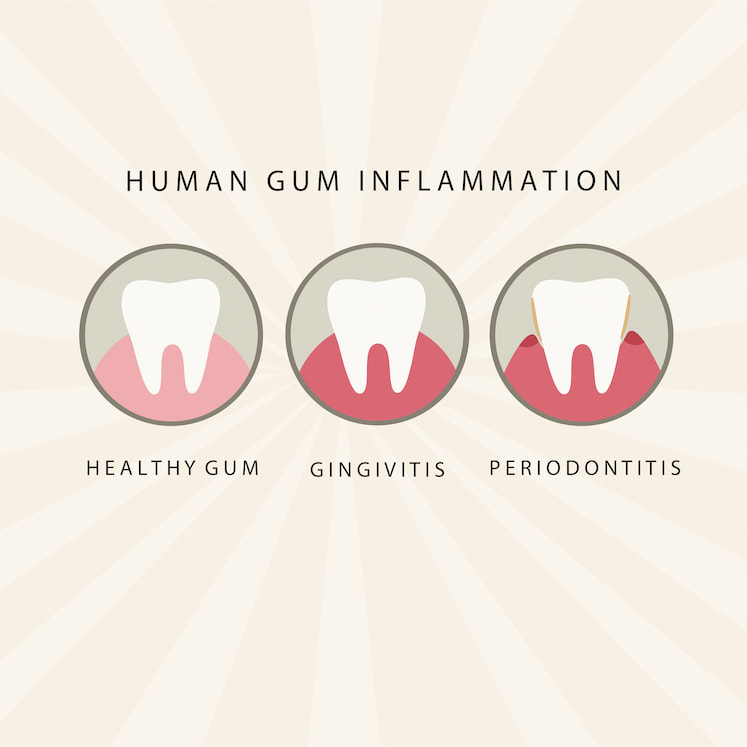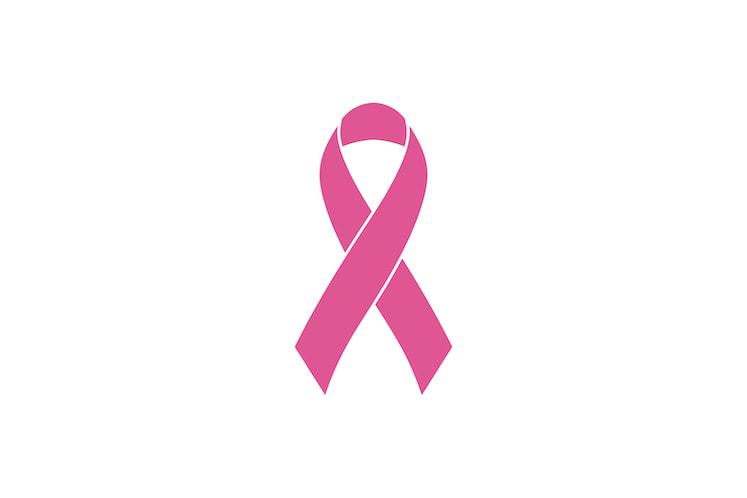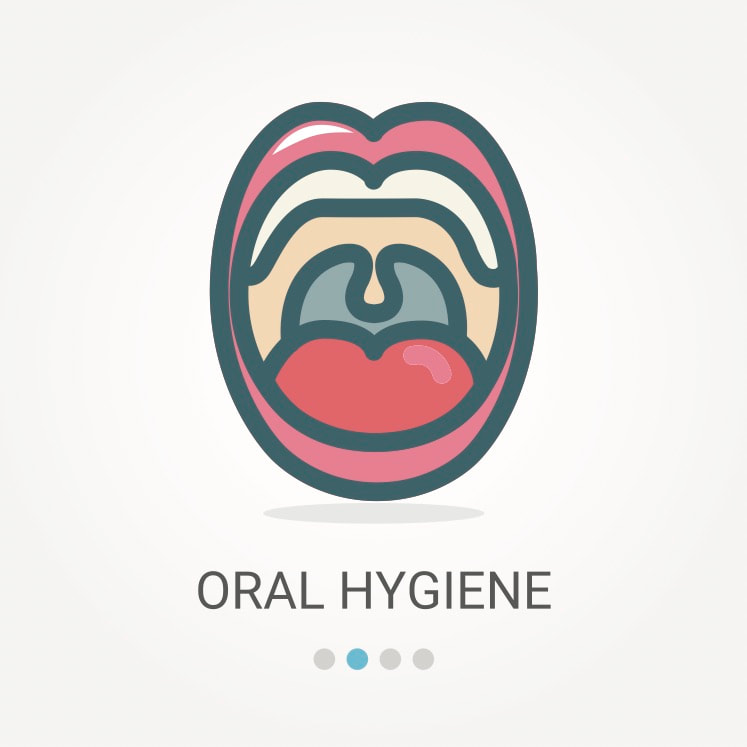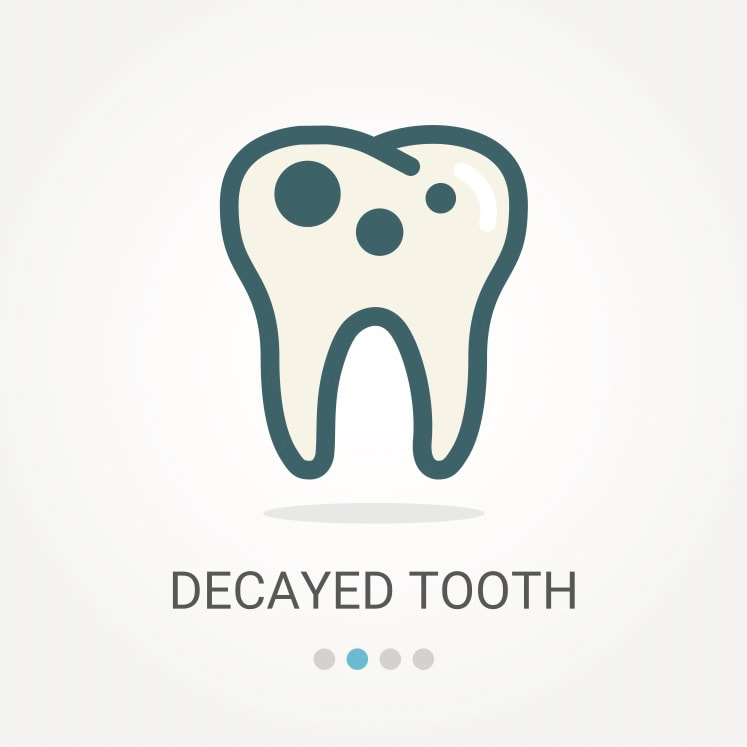Regular visits to the dentist can help prevent small issues from becoming a major problem. At TruCare we believe in the old saying 'An Ounce of Prevention is worth a pound of cure'. Call and setup a dental visit for a healthier tomorrow.
Oral Health Care
Oral health is a key indicator of overall health and well-being which ensures a high quality of life. Your dental healthcare can encompass a range of diseases and conditions that include dental caries, Periodontal disease, Tooth loss, Oral cancer, Oral manifestations of HIV infection and birth defects such as cleft lip and palate.
The Global Burden of Disease Study 2017 estimated that oral diseases affect 3.5 billion people worldwide, with untreated dental caries being among the most prevalent noncommunicable diseases. According to the International Agency for Research on Cancer, the incidence of oral cancer was within the top three of all cancers in some Asian-Pacific countries in 2018. Regular visits to the dentist can help prevent small issues from becoming major problems for the long term. At TruCare we believe in the old saying 'An Ounce of Prevention is worth a pound of cure'. Don't let a small issue become a major problem.
The Global Burden of Disease Study 2017 estimated that oral diseases affect 3.5 billion people worldwide, with untreated dental caries being among the most prevalent noncommunicable diseases. According to the International Agency for Research on Cancer, the incidence of oral cancer was within the top three of all cancers in some Asian-Pacific countries in 2018. Regular visits to the dentist can help prevent small issues from becoming major problems for the long term. At TruCare we believe in the old saying 'An Ounce of Prevention is worth a pound of cure'. Don't let a small issue become a major problem.

Gum Disease
|
What is gum disease?
Gum disease is a chronic bacterial infection that affects the gums and bone supporting your teeth. It develops when plaque accumulates along your gum line, causing your gums to become inflamed. Healthy gums appear coral pink and firm and form a sharp point where they meet your tooth. The early stage of gum disease is called gingivitis. In this stage, the gums redden, swell and bleed easily; however, there is usually little to no discomfort with gingivitis. What causes gum disease? Plaque buildup is the primary cause of gum disease. If plaque isn’t removed each day by brushing and flossing, it hardens. The hard plaque, known as tartar, contain bacteria that can irritate gums and break down the fibers that hold the gums tightly to the teeth, creating periodontal pockets that fill with bacteria. This can lead to severe infection, pain and swelling. Your tooth or teeth also may loosen and require removal. Other factors linked to gum disease include smoking and tobacco use, pregnancy, stress clenching or grinding of teeth, an unhealthy diet, diabetes and genetic factors. |

Oral Cancer
|
Oral cancer is the sixth most common cancer, accounting for nearly 5 percent of all cases. Close to 49,750 Americans are expected to be diagnosed with oral or pharyngeal cancer this year. It is expected to cause more than 9,750 deaths, killing roughly 1 person per hour, 24 hours per day, according to The Oral Cancer Foundation.
What are the warning signs of oral cancer? Oral cancer typically is painless in its early stages but can become painful as it spreads. Go to your dentist immediate- ly if you observe any of the following: changes in the way your teeth t together; oral sores that bleed easily or don’t heal; lumps, thickening, rough spots, or crusty or eroded areas in the mouth; or dif culty swallowing, chewing, speak- ing, or moving the jaw or tongue. |

Bad Breath
|
Bad breath, medically called halitosis, can result from poor dental health habits and may be a sign of other health problems. Bad breath can also be made worse by the types of foods you eat and other unhealthy lifestyle habits.
How Does What You Eat Affect Breath? Basically, all the food eaten begins to be broken down in your mouth. If you eat foods with strong odors (such as garlic or onions), brushing and flossing -- even mouthwash -- merely covers up the odor temporarily. The odor will not go away completely until the foods have passed through your body. |

Tooth Decay
|
Tooth decay is the destruction of tooth structure and can affect both the enamel (the outer coating of the tooth) and the dentin layer of the tooth.
Tooth decay occurs when foods containing carbohydrates (sugars and starches), such as breads, cereals, milk, soda, fruits, cakes, or candy are left on the teeth. Bacteria that live in the mouth digest these foods, turning them into acids. The bacteria, acid, food debris, and saliva combine to form plaque, which clings to the teeth. The acids in plaque dissolve the enamel surface of the teeth, creating holes in the teeth called cavities. Read more at: WebMd website |
|
183 South Bloomingdale Rd
Suite 105 Bloomingdale, IL 60108 Tel: 630.980.9200 www.trucare-dentistry.com |
Monday: 8am - 5pm
Tuesday: Closed Wednesday: 8am - 5pm Thursday: 8am - 1pm Friday: Closed Saturday: By appointment only (one Sat a month) Sunday: Closed |

